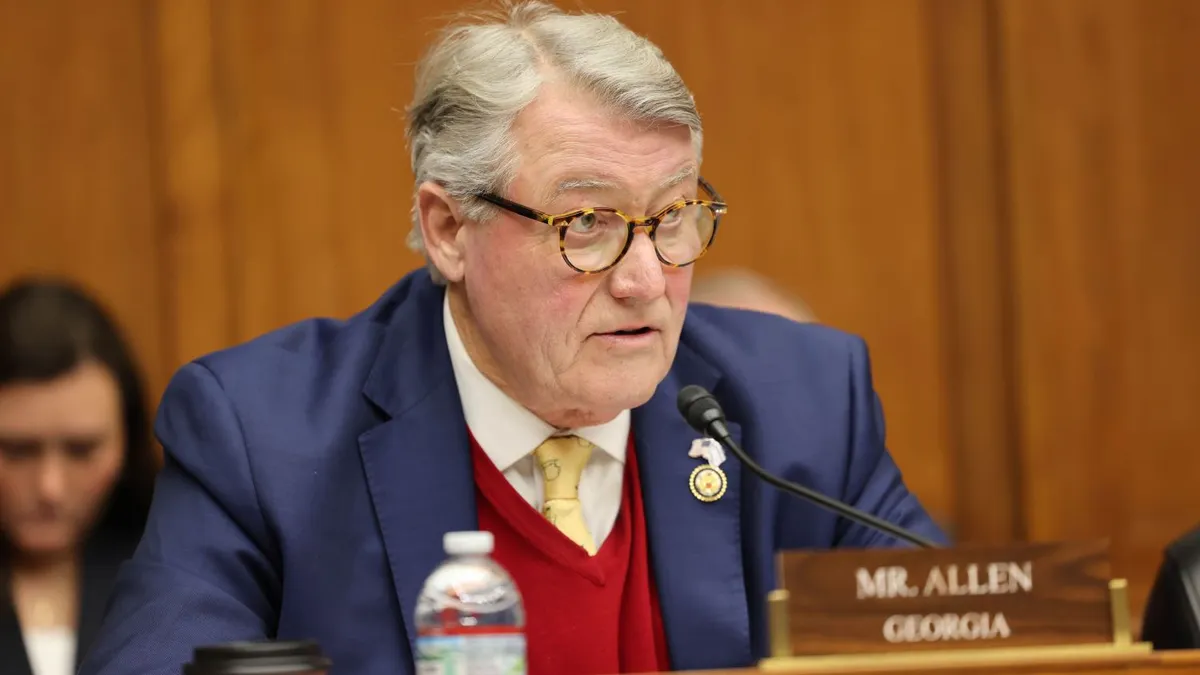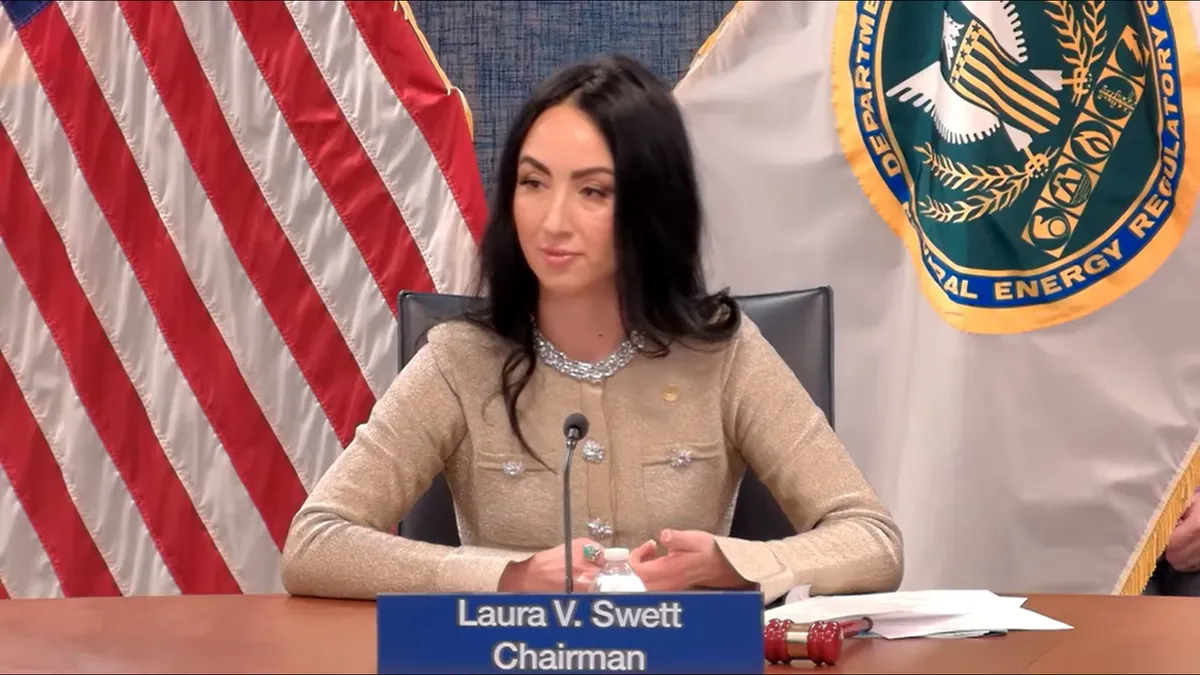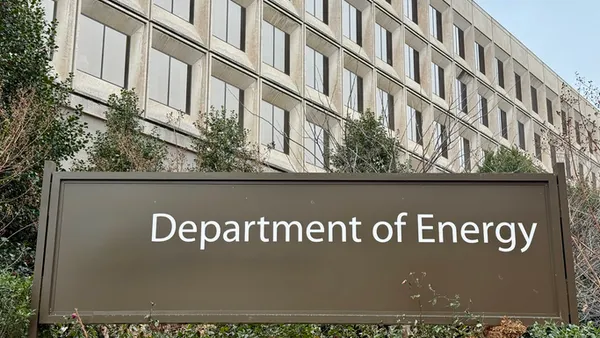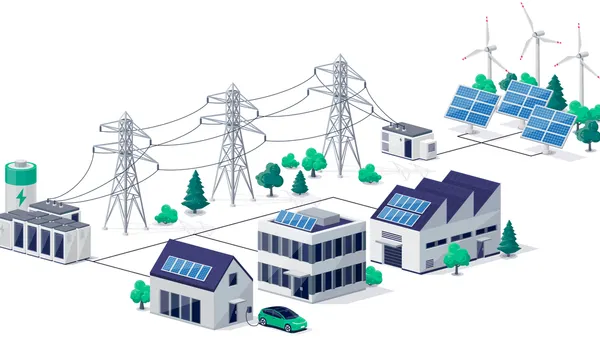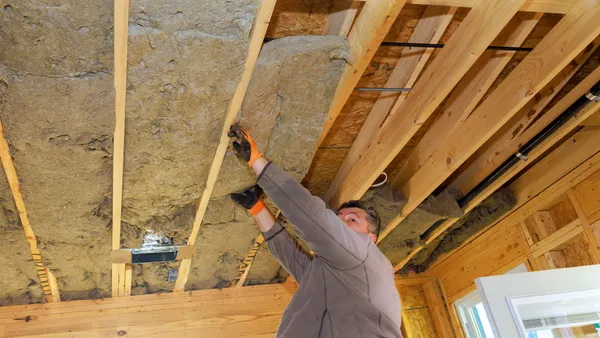A House subcommittee on Wednesday advanced several pieces of legislation to weaken energy efficiency programs, cancel standards for manufactured homes and eliminate some home rebates, building codes and job training programs.
The bills “will cut through the red tape and make housing more affordable,” said Rep. Bob Latta, R-Ohio, chairman of the House Energy & Commerce Subcommittee on Energy.
“From protecting consumer choice to addressing the rising prices of critical home appliances, these bills offer common-sense solutions for working families,” he said.
Among the bills is H.R. 4626, the Don’t Mess With My Home Appliances Act, which was reported to the full committee by a roll call vote of 17-14. Introduced by Rep. Rick Allen, R-Georgia, the bill would authorize the U.S. Secretary of Energy to amend or revoke appliance efficiency standards and would establish minimum thresholds for energy savings on new standards.
The Department of Energy’s appliance efficiency program, which was created in the 1970s in response to oil crises, requires the agency to review and set standards for a range of products every six years. Republicans have criticized the program for increasing the cost of appliances, while efficiency experts say the standards generate savings through lower energy consumption.
But according to Allen, under the Biden administration, DOE went “beyond its scope of statutory authority — setting arbitrary and capricious standards” that significantly raised costs with little benefit for homeowners.
“Furthermore, the previous administration proposed standards that discouraged the use of natural gas in favor of the electrification of appliances,” Allen said. “Regardless of the cost to the consumer, the American people want choice, and these decisions need to be market-driven and not government-driven.”
But energy efficiency advocates say consumers need efficiency standards to reduce utility bills and alleviate electric grid stress.
“It makes no sense to take us back to more wasteful, lower-performing products that would raise bills further,” Andrew deLaski, executive director of the Appliance Standards Awareness Project, or ASAP, said in a statement.
Other bills advanced by the subcommittee Wednesday include H.R. 5184, the Affordable Housing Over Mandating Efficiency Standards (Affordable HOMES) Act, which Latta said will “repeal duplicative energy efficiency standards for manufactured housing.” The bill was referred to the full committee by a voice vote.
According to ASAP, the legislation would cancel recent standards for manufactured homes and instead keep in place a 1994 code “that leaves many new homes with minimal insulation and high bills.”
H.R. 4593, the Saving Homeowners from Overregulation With Exceptional Rinsing (SHOWER) Act, was sent to the full committee on a 17-14 vote. It will “codify a simple definition of a showerhead, providing more options for consumers,” Latta said.
According to ASAP, the change could allow the Trump administration “to try to circumvent long-established standards, likely benefiting imports.”
And H.R. 4758, the Homeowner Energy Freedom Act, was sent to the full committee on a vote of 16-14. It would eliminate rebates for electric appliances, strike training grants for contractors and cut financial assistance to states and localities to adopt updated energy conservation building codes.
Not all of the legislation that advanced Wednesday is detrimental to energy conservation, ASAP noted.
H.R. 1355, the Weatherization Enhancement and Readiness Act of 2025, was sent to the full committee by a voice vote. Introduced by Rep. Paul Tonko, D-New York, the bill would invest in home weatherization efforts for low-income families.



